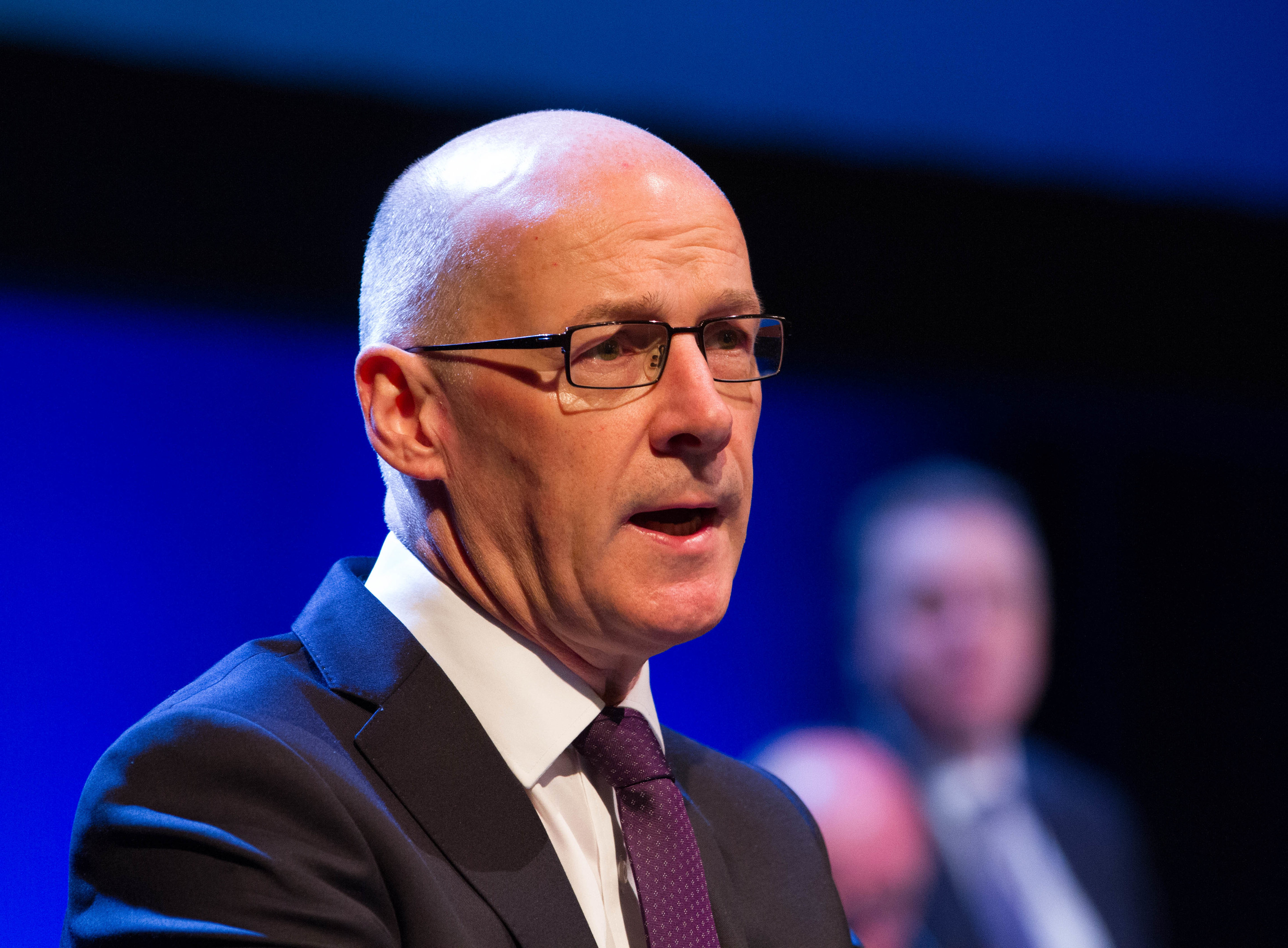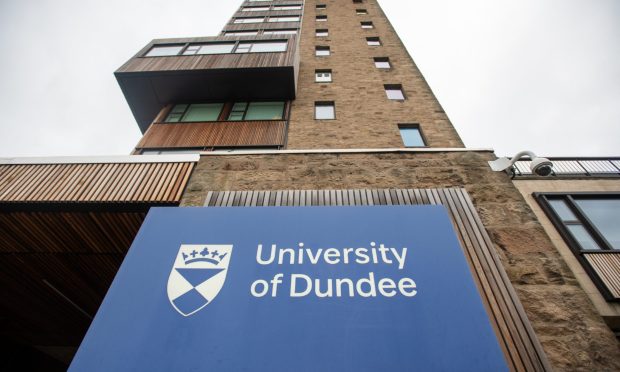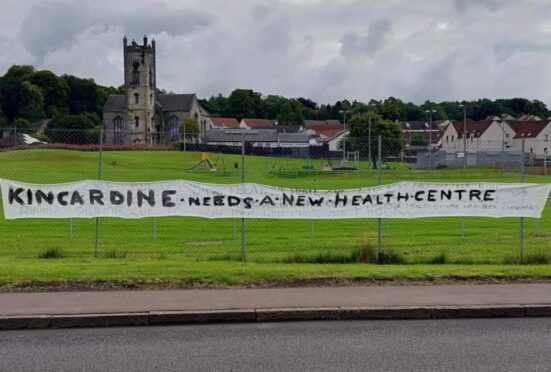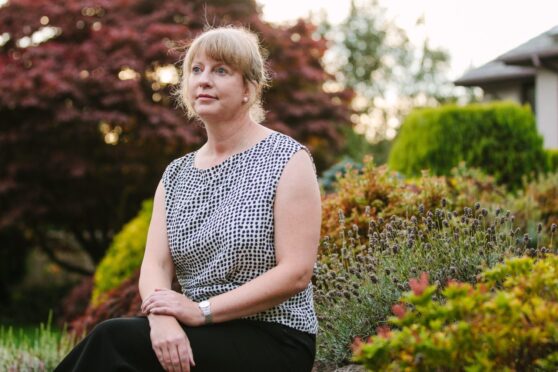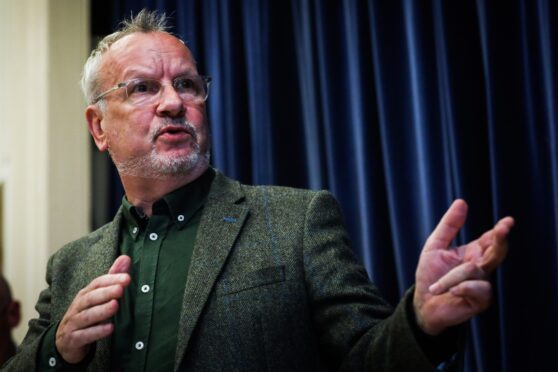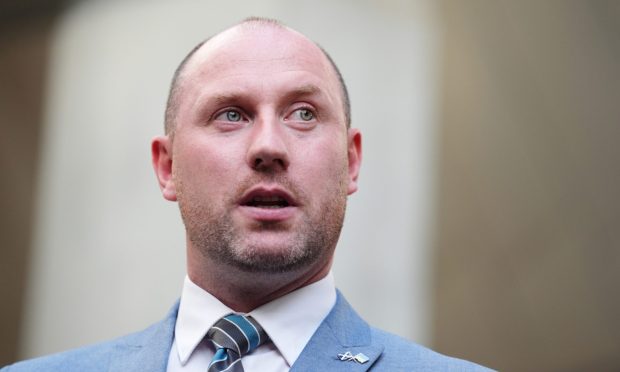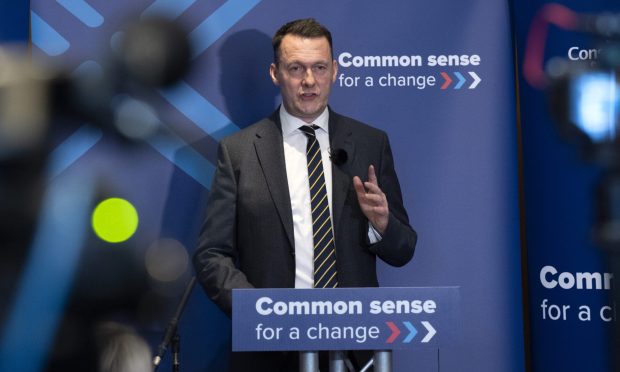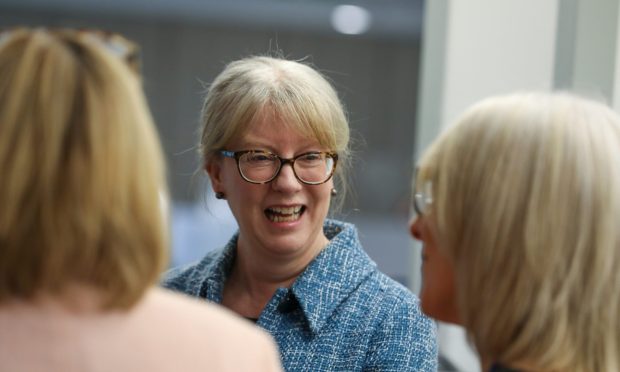Campaigners have won a challenge at the Supreme Court against proposals to appoint a named person for every child – but the Scottish Government has vowed to press ahead with the controversial scheme.
The justices said the Scottish Government must change its information-sharing provisions regarding the scheme so they are compatible with Article 8 of the European Convention on Human Rights.
The court ruled that information sharing provisions proposed under the 2014 Act may result in disproportionate interference with Article 8 rights under the European Convention on Human Rights – the right to a family and private life.
As presently drafted they risk breaching important regulations protecting privacy and confidentiality.
Judges have given the Scottish Government 42 days to rectify their legislation.
Deputy First Minister John Swinney said the Scottish Government would continue to work with key public services and children’s charities to roll out the scheme and claim the ruling vindicated the proposals.
Swinney: Legal challenge ‘has failed’
He said: “I welcome the publication of today’s judgement and the fact that the attempt to scrap the named person service has failed.
“The Supreme Court has stated that the aim of the legislation, in promoting and safeguarding the well-being of children and young people, is ‘unquestionably legitimate and benign’. It makes clear that the principle of providing a named person to support children and families does not breach human rights.”
The Christian Institute co-ordinated the legal action and director Colin Hart said after the decision was announced: “We all accept the good intentions behind this law but a universal data-gathering scheme like this was always going to cause major problems.
“We are very happy with today’s ruling, which vindicates what we and others have been saying for years.
Campaigner: ‘Devastating blow for Scottish Government’
“The court even invoked the spectre of totalitarian regimes in its criticism of the plans. This is a devastating blow for the Scottish Government which sought to brush off all criticism of its named person scheme as ‘scaremongering’.”
He added: “The Supreme Court cited international human rights laws that protect the family and concluded ‘Within limits, families must be left to bring up their children in their own way’.
“This strong endorsement of family autonomy will be welcomed by families all across the UK, including Christian families, who sometimes sense a creeping intolerance from government officials.”
He said: “Today’s ruling will come as a great relief to millions of people. Innocent Scottish families no longer have to wonder whether police, health and education officials are legally allowed to pass around sensitive medical data and family histories behind their backs. They are not.
“This ruling is crystal clear that the named person scheme’s cavalier approach to handling private information is unlawful and must not happen.
“The ruling protects families all across the UK from unwarranted invasion of their privacy by the state. We urge local and national government agencies to read the ruling carefully and amend their policies and practices to ensure they properly respect the privacy and autonomy of innocent families.”
Safety net
The scheme was approved by Holyrood as part of the Children and Young People (Scotland) Act 2014 but an appeal against it has been mounted by four charities and three individuals.
Under the measure, a single point of contact, such as a teacher or health visitor, would be assigned to look out for the welfare of children under 18.
The named person is required to exercise statutory functions, including providing advice, information or support where appropriate to promote, support or safeguard the wellbeing of the child or young person.
Scottish ministers say the service would act as a safety net to help families and children if they need it while opponents argue the move breaches the human rights of parents.
Those involved in the No To Named Persons group (NO2NP) previously lodged a petition for a judicial review at the Court of Session in Edinburgh, Scotland’s top civil court, challenging the lawfulness of the provisions but it was rejected.
Judges then refused a later appeal against the decision.
An appeal was then heard before a five-strong panel of justices at the Supreme Court in London in March.
The Supreme Court was asked to decide whether the provision is compatible with fundamental common law rights and the European Convention on Human Rights, and laws on the sharing and disclosure of information from Westminster and the European Union.
The group challenging the legislation is spearheaded by The Christian Institute, Family Education Trust, The Young ME Sufferers (“Tymes”) Trust and Care (Christian Action Research & Education) lodged a petition alongside three individual people.
Several children’s charities and professional organisations have put their name to a letter in support of the legislation.
A Scottish Government spokeswoman said at the time of the Supreme Court hearing: “This Government is absolutely committed to ensuring that all our children get the best possible start in life. Getting It Right for Every Child, which includes the named person service, is an investment in all our futures.
“It aims to change the culture and practice of professionals, giving them the confidence, skills and knowledge they need to put children’s needs and interests at the heart of services and support they provide for families.”
